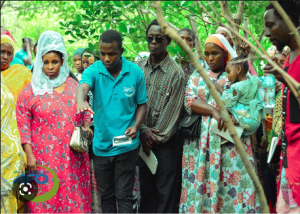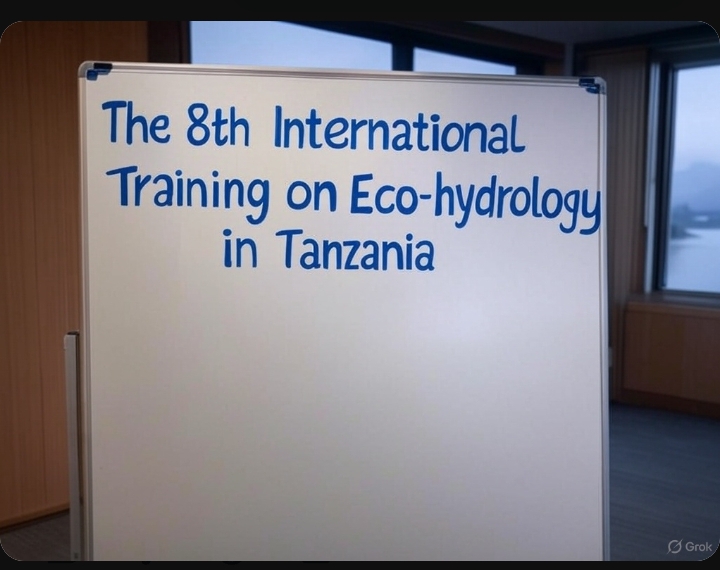In Tanzania, the beautiful landscapes of forests and grasslands are not only a source of natural beauty, but also of economic potential for the local communities. However, as the population grows and economic pressures increase, there is a growing need to find ways to use these natural resources sustainably. One promising solution is through carbon trading, a system that can help reduce greenhouse gas emissions and promote sustainable forestry practices while also providing economic benefits to local communities.

Carbon trading is a system in which companies and governments buy and sell carbon credits, which represent the right to emit a certain amount of carbon dioxide or other greenhouse gases. By reducing their own emissions or investing in projects that reduce emissions elsewhere, companies can earn carbon credits that can be sold on the open market. This creates a financial incentive for reducing emissions and can help to mitigate the impacts of climate change.
But how important is it for local people to know about carbon trading? The answer is, very. By participating in carbon trading schemes, local communities can earn money from sustainable forestry practices, such as reforestation, which can help to reduce greenhouse gas emissions and preserve biodiversity. This can help to provide a sustainable source of income for local people, helping to alleviate poverty and promote economic growth.
Moreover, carbon trading can become the best option for environmental sustainability in Tanzania, especially for forest resources. Forests are critical for maintaining clean air and water, as well as providing habitat for wildlife. Deforestation not only contributes to climate change, but also leads to soil erosion, decreased water quality, and loss of biodiversity. Carbon trading can incentivize sustainable forestry practices and help to mitigate these negative impacts.
In addition, carbon trading can also help to minimize reliance on wood harvesting. In many communities, wood is a primary source of fuel for cooking and heating. However, unsustainable harvesting practices can lead to deforestation and soil degradation. By participating in carbon trading schemes, local communities can earn money from sustainable forestry practices, such as agroforestry or tree planting, which can help to reduce their reliance on wood harvesting and promote sustainable land use.

local communities being taught on various issues related to carbon emission reduction strategies
Carbon trading has the potential to be a win-win solution for both environmental sustainability and economic development in Tanzania. By promoting sustainable forestry practices and providing a financial incentive for reducing greenhouse gas emissions, carbon trading can help to preserve natural resources and promote long-term economic growth. It is important that local people are aware of this opportunity and can participate in the benefits that carbon trading can bring to their communities and the environment as a whole




